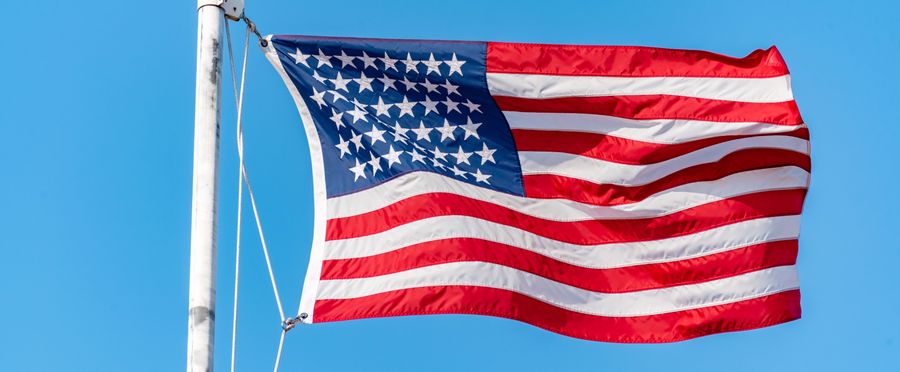Japan's international trade situation has taken a fresh turn as a new presidential order comes into effect, interacting, perhaps undermining, the stipulations laid down in previous joint documents. The specifics of the decree and its consequences are yet to unfold fully, yet it appears bound to influence Japan's international trade dynamics, especially tariffs. This development may also redefine how Japan balances its domestic economic policies with its commitments on the global stage.
In Japan, international trade, and especially tariffs, hold significant importance owing to the nation's heavy dependence on global trade. As such, any presidential decree impacting tariffs can have pronounced effects on the Japanese economy. There is also a strong emphasis on adherence to agreements, as evidenced in Japan's rigorous follow-through of joint documents. A potential conflict between a new decree and previous agreements attracts significant attention, with emphasis on how Japan will balance global commitments with domestic needs.
This contrasts with situations in the United States, where presidential decrees often override standing agreements and where changes in tariffs are more common. In the European Union, the scenario may be comparable to Japan as a balance is sought between the collective guidelines of the Union and the directives from individual country leaders.

